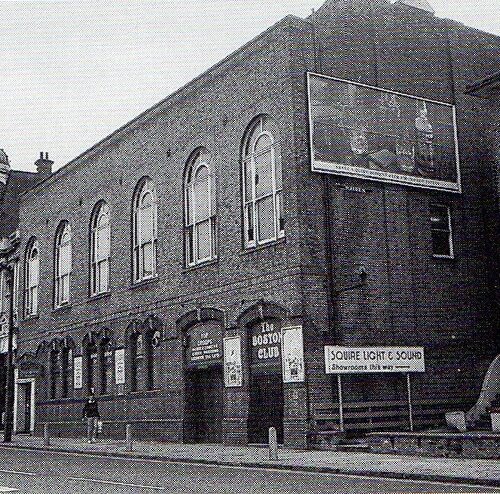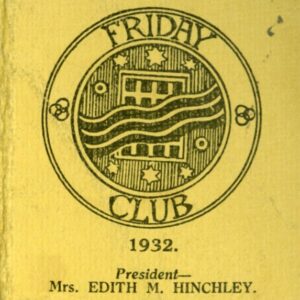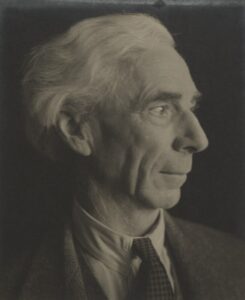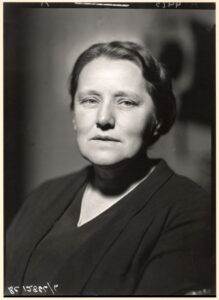

We desire to attract men and women holding all shades of opinion, but having in common a conviction that morality is of greater importance to mankind than theology and that good conduct is of more value than theological tenets.
The North London Ethical Society, ‘Our Objects’
The North London Ethical Society was founded in February 1895, becoming the St. Pancras Ethical Society in 1907. As with other ethical societies, its aim was moral advancement and social reform; morality distinct from any theological beliefs, and a focus on ‘the conditions of our present existence with a view to reforming them.’
Our objects
Our primary object is the moral advancement of our members.
A better moral life is not so much a gift which we would bring to others
as a good which we would, with unremitting effort, strive after for ourselves.
We desire to attract men and women holding all shades of opinion, but
having in common a conviction that morality is of greater importance to
mankind than theology and that good conduct is of more value than theological tenets.
We desire to arouse an enthusiasm for right living which shall equal
that shown in the past by religious devotees for their faith.
We desire to cultivate and develop the characters of men and women so
that their conduct shall be uninfluenced by the hope of reward or the fear of punishment, and thus, that under all circumstances, right actions shall flow spontaneously.
We desire to separate morality from theology, and to place it upon a
scientific basis; a design not only possible, but imperative in face of the fact that moral injunctions are losing the authority given by their supposed divine origin.
We desire to keep the attention of men concentrated upon the conditions
of our present existence with a view to reforming them. The mental energy now spent in conjectures concerning the hereafter will thus be pressed into the service of humanity.
We desire to give more prominence to the Ethical aspect of Public Questions than has hitherto been the case. Under all circumstances the question to be answered should be not ‘Is it expedient?’ but ‘Is it right?’
Sunday meetings were held initially at the Acland School, Fortress Road, and later at Spencer Hall, Dartmouth Park Hill. These meetings included music, a lecture, questions, and discussion.
The Society was dissolved in 1911.

June suns, you cannot store them To warm the winter’s cold, The lad that hopes for heaven Shall fill his […]

The woman artist appears quickly to have grasped the fact that she cannot maintain an isolated and merely selfish point […]

The good life is one inspired by love and guided by knowledge. Neither love without knowledge, nor knowledge without love […]

It lies within our power, if we so desire it, to make the familiar world we inhabit more worthy of […]